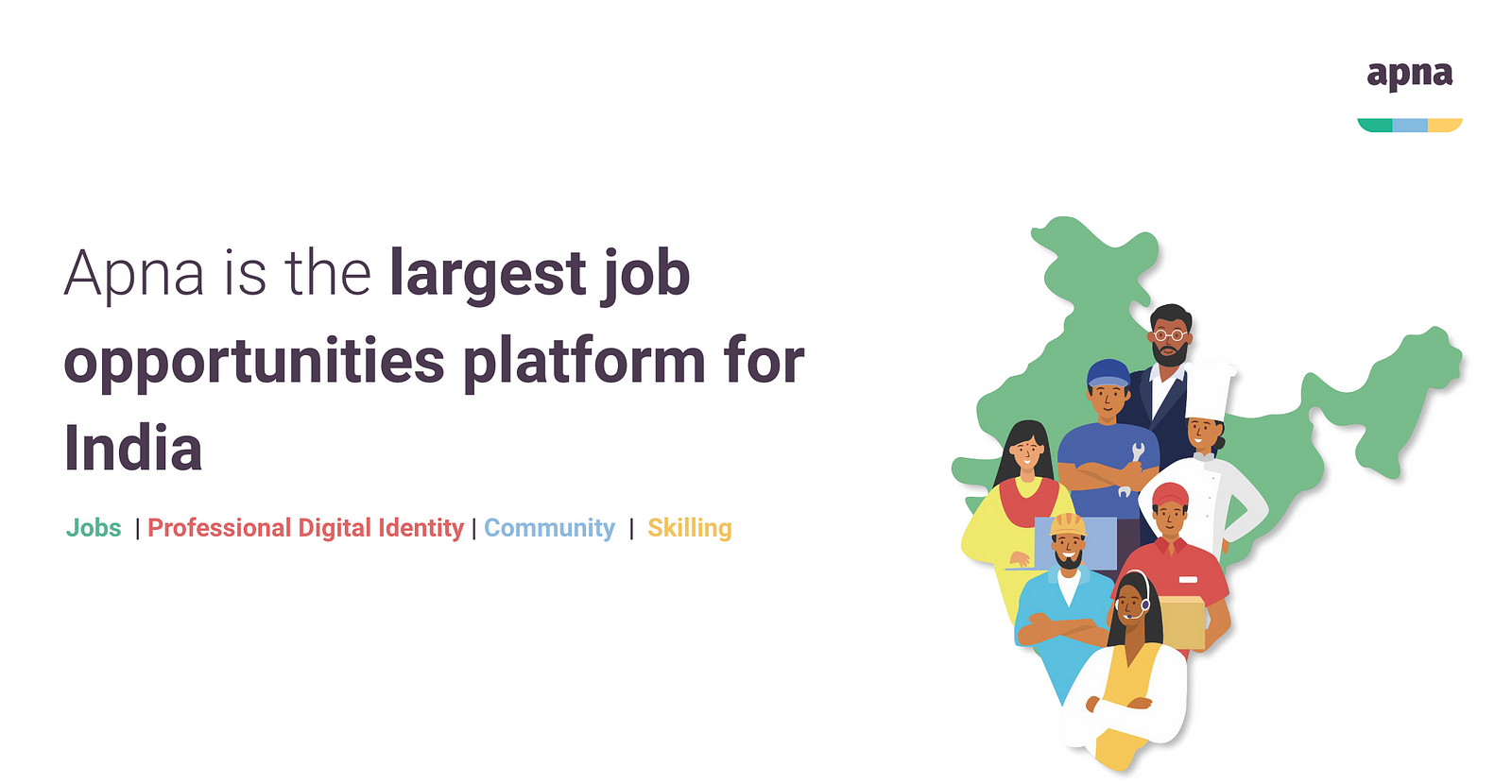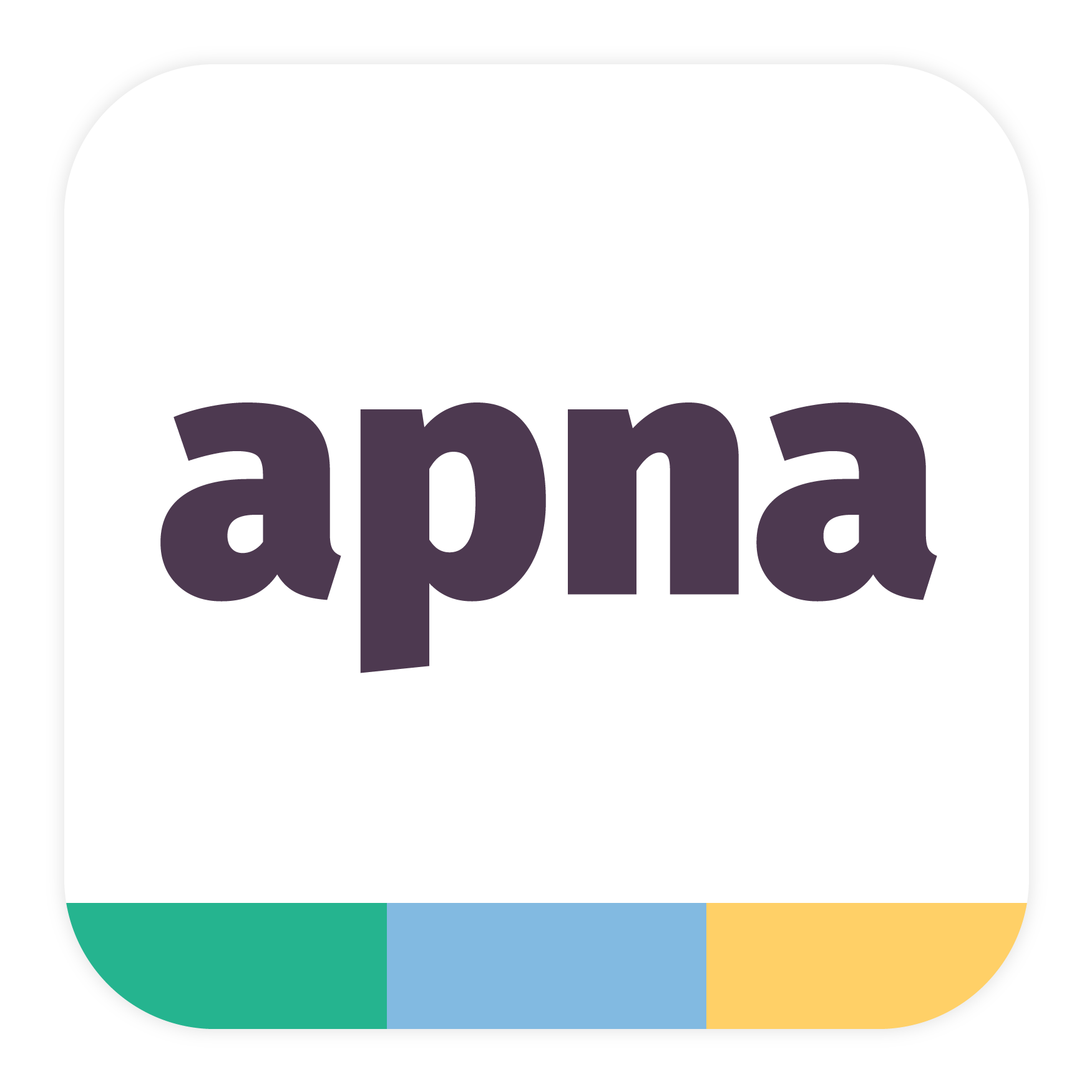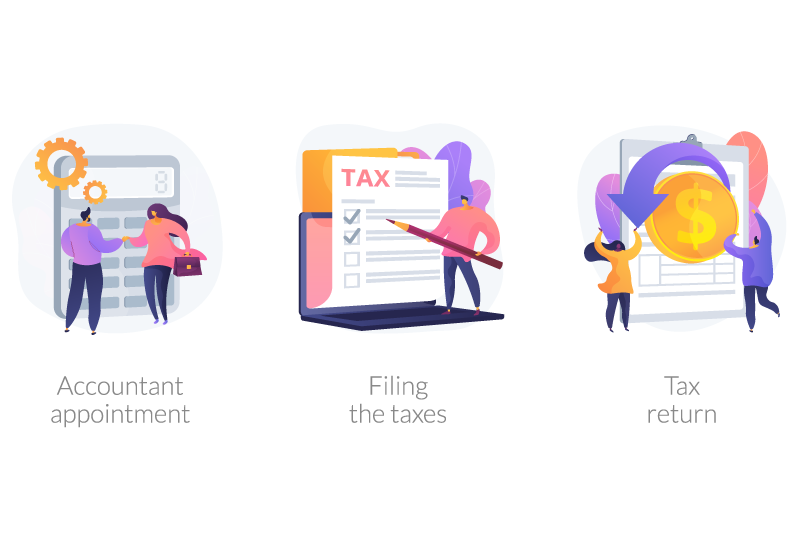“Culture fit”- How to crack this round with ease?

It's common to only care about your hard skills and soft skills while you are interviewing for a new position.
However, it's also crucial to take the company culture into account.
Given that you'll be spending a lot of time at work, you want to ensure that it's a setting in which you'll be relaxed and effective.
We'll go through tips on how to prepare for a culture fit interview, and what questions can be anticipated.
Let's dive right in.
Tips for an effortless interview prep
Here are a couple of things to consider and prepare for the culture interview:
- Understand the company culture. What do they stand for? What kind of atmosphere prevails at work? What do they anticipate from employees? This information can be found on the company website, in the employee handbook, or by asking around among the staff.
- Consider your own personality and values. What aspects of a work environment are significant to you? What are your advantages and disadvantages? What kind of work do you prefer? Consider how you might fit into the company's culture if you have a solid idea of who you are.
- Be prepared to talk about your principles and characteristics when asked. The hiring manager might inquire about your leadership style, preferred working environment, or work style.
- Be authentic. Prepare your responses to these inquiries so that they demonstrate how your character traits and the company's culture fit together. Try not to pretend to be someone you are not. If you try to pass as someone else, the hiring manager will be able to tell. Let your personality shine by simply being who you are.
Questions asked in the “Culture fit” round.

Q1. Describe the setting in which you work most effectively.
Your interviewer probably wants to know if you'll feel at ease in the setting where you'll be working every day, an office space with no cubicles or walls.
While some employers insist on a nine-to-five workday, others mandate that employees be "on-call" to respond to emails at all times.
You could also mention whether you would like a job where you mostly work with a team or a company that supports individual accomplishment.
Example:
I appreciate collaborating with others to accomplish goals. My prior jobs had open offices without cubicle boundaries, which encouraged us to exchange ideas equitably and solicit input from others about our concepts.
Q2. Give an example of your ideal manager or boss.
This is a possible interview question to gauge how you take direction.
It's crucial to focus on the positive aspects of your prior employment rather than outlining any issues you may have had with a particular employer.
Aim to balance your response such that it demonstrates both your ability to work independently and your appreciation for a supervisor's direction.
Tailor your response to the job you are applying for.
For example:
My ideal boss is someone who allows their team to have freedom in daily operations, but is always available to answer questions and help when needed.
Q3. Which method do you prefer for receiving feedback on your performance—formal reviews or casual conversations?
Employee reviews with structured rubrics that are planned by some businesses are frequently connected to compensation increases.
Others don't often plan evaluations but do provide comments when the situation calls for it.
Your interviewer probably wants to know if you prefer to know when to expect reviews and raises, or if you are okay with receiving them at odd times throughout the year.
A good example would be,
I prefer regular performance evaluations at least once a year, but I also appreciate receiving informal feedback whenever it is appropriate.
Q4. Do you like working alone or in a team?
Employers will be able to tell if you'd be content with the level of collaboration required for the position based on your response to this question.
A technical writer may spend the majority of their day working on their duties alone, whereas a sales associate position may require greater collaboration to reach common objectives and continual teamwork.
Example:
I've always done best in jobs that allow me to work with others. I firmly believe that more thoughts and ideas being exchanged results in great work. However, if necessary, I am quite capable of working diligently.

You can find more culture fit questions right here!
Before you go..
We'd like to highlight a few points that can make your job search easier:
- Make a list of every brand you can think of that is associated with your niche.
- Apply by visiting their careers website.
- From those in your network, request recommendations.
- Thoroughly search the apna app and other job sites.
We hope this blog was helpful! What do you think is the most important culture value every company should have?
Leave your comments below! We'll see you soon.
Apna app is trusted by 4lakh+ companies and 5Crore+ happy job seekers. It helps job seekers in finding their dream job according to candidate’s convenience and offers great opportunities in various categories like telesales, marketing, business development, accounts & finance and many more.




